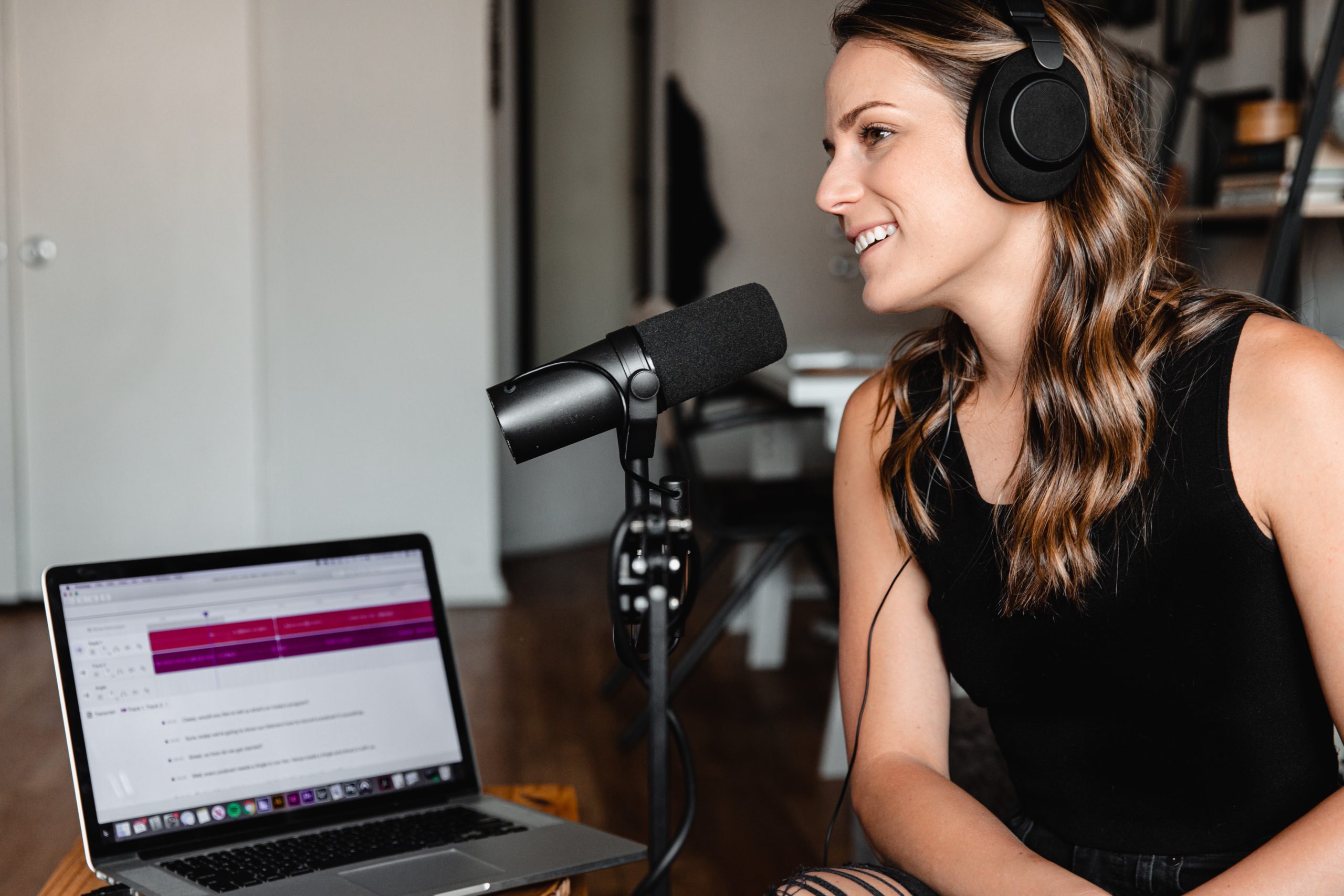What is more exciting than a live broadcast of something happening right now? Sometimes there is no substitute for a live radio show.
And, today’s short attention span audiences appreciate well-edited content. Movies, television, music, podcasts even comedy specials are mostly recorded and pre-produced.
Cutting to the chase and leaving the dull parts on the cutting room floor works as well for radio as it does for other media.
When I bring up pre-production, some radio personalities insist that everything on their show must be live, and I get it. Being on-air live has a unique excitement for the host.
Consider the following as you explore live vs. pre-produced content and what strategy works best for your show.
- Podcasting. Listeners love on-demand audio content, which dictates pre-production. Once shows begin editing and re-arranging their on-air show into a podcast, hearing the difference in quality often makes it clear that more of the on-air show might also be improved from editing.
- First take = worst take. One show noticed that the team was not their best in the first 6:00 AM segment. They began recording and editing that break before the show, and the feature soon became an “A” benchmark. Many shows today record and edit most of their segments the day before, airing the polished version for peak PPM performance.
- Callers are better when recorded. Most listeners are not well-spoken entertainers, and game contestants sometimes spoil the game. Most great shows we work with have a “no live calls” rule.
- Interviews are better when recorded. Most guests are a PPM repellant (especially those dreaded client interviews.) Many shows today record the chat, play brief clips on the air, and make the full interview available on the station website.
- Cannot get live callers? Record them. People today loathe the telephone. Post a topic on social media a couple of days in advance, then reach out and ask the most interesting responders to jump on the phone. Some shows set up an “if you would like to be a contestant on our show” voice mail or online entry form, then set phone appointments to play and record the game.
- Give creative geniuses a safety net. NPR’s Car Talk struggled to contain host Tom Magliozzi’s conversational tangents within a one-hour live show. Producers began recording the show, allowing Tom to improvise freely. The edited version of that is what became one of NPR’s most successful shows ever.
Pre-producing some or all of a show can result in cost reductions and ease the burden of a host juggling a long list of off-air duties. But the primary standard for recording and editing is improving content quality. Pre-production that diminishes the listener’s experience is a non-starter.

